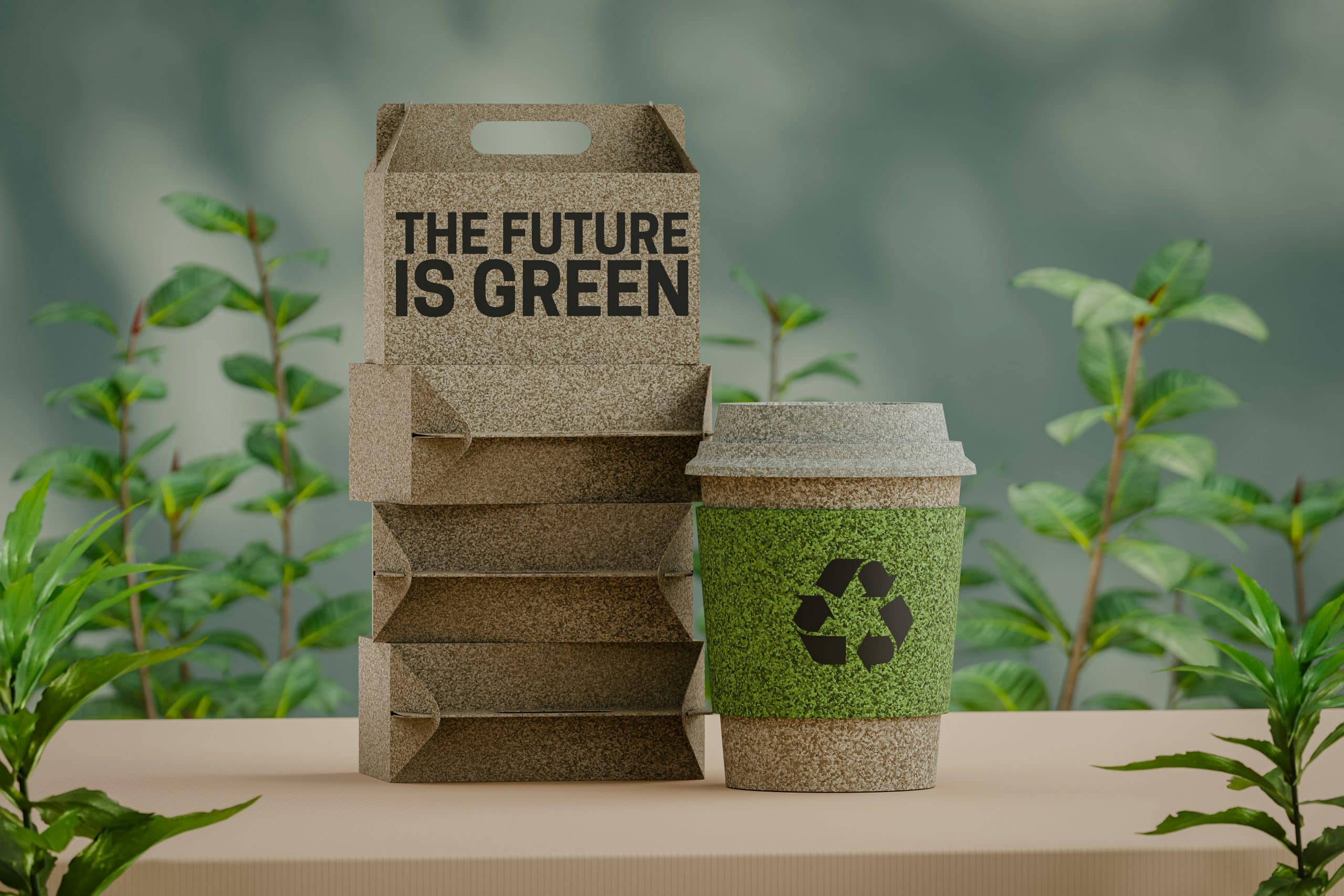Walking the Talk: Why Silence on Sustainability Erodes Consumer Trust

If there’s one thing consumers have made clear in 2025, it’s this: Don’t just tell us you’re sustainable — prove it.
According to our latest 3BL Quarterly Research Report, “Say Less, Risk More: Sustainability Silence is Undermining Trust,” trust in corporate sustainability claims is on a downward slope. A rising share of consumers — 23% — say they “rarely” or “almost never” believe what companies say about their sustainability efforts, up from just 15% a year and a half ago.
What’s driving the skepticism? A dangerous trend called greenhushing — the deliberate downplaying or omission of sustainability messaging — is gaining ground. Media mentions of leading U.S. companies’ sustainability actions dropped nearly 10% in just the first four months of 2025. Fear of political backlash and legal risk are leading many brands to go quiet.
But staying silent doesn’t protect your reputation — it puts it at risk.
The High Cost of Saying Nothing
In today’s climate, no news isn’t neutral, it’s negative. Over a quarter of consumers assume companies that don’t publicly report on their sustainability goals aren’t doing anything at all. And as political pressures increase, many consumers are doubling down on values-based purchasing:
- 73% believe their buying habits can influence company behavior.
- 80% prefer shopping with companies that continue supporting DEI, even as attacks on these programs mount.
- 56% say sustainability impacts their day-to-day lifestyle choices.
The takeaway? Consumers are paying attention, and they want proof.
Evidence, Consistency, and Transparency: The Trust Trifecta
When it comes to corporate sustainability, trust is earned through three key behaviors:
- Evidence: Nearly a third of consumers (28%) say they trust companies that provide clear, verifiable data. Think emissions metrics, audit reports, third-party certifications — not vague commitments or feel-good slogans.
- Consistency: Another 25% value a history of action. Consumers are tracking not just what you say this quarter, but what you’ve done over years.
- Transparency — Even About Failures: Here’s the plot twist — 44% of consumers think more highly of companies that openly share when something didn’t work. That’s because real progress isn’t linear. Sharing your struggles signals authenticity and a genuine commitment to improvement.
Silence Doesn’t Shield You — It Sinks You
Reactance theory helps explain why today’s consumers push back when companies retreat. Most Americans (92%) still believe companies should play a major role in addressing environmental and social challenges. Only 8% want brands to step back.
In other words, pulling back from public-facing sustainability efforts creates a vacuum — and consumers will fill it with doubt.
Communicate Like Trust Depends on It — Because It Does
Companies hoping to avoid controversy by keeping quiet are overlooking the bigger risk: losing consumer loyalty, reputation, and market share. Billions have already been lost in boycotts following rollbacks in DEI commitments.
The solution isn’t perfection — it’s proof. It’s real talk. It’s showing up with data, consistency, and the courage to be honest about the messier parts of progress.
In 2025 and beyond, walking the walk isn’t enough. You have to talk about it, too.
The Bottom Line? Do Better — and Be Real About It.
In 2025, sustainability won’t be a separate strategy, it will be the business strategy. Whether it’s fair compensation, waste reduction, or ecosystem protection, consumers are asking companies to step up with transparency, urgency, and measurable impact.
Want to stay ahead of what matters most in the ESG space? Click here to see every point noted here and more in our 2025 Second Quarter Report by clicking here.
Whether you’re a seasoned pro or writing your first media release, we have the 3BL Communications Toolkit is your go-to resource for creating compelling, credible, and click-worthy content. Click here to download and share with your communication stakeholders.


